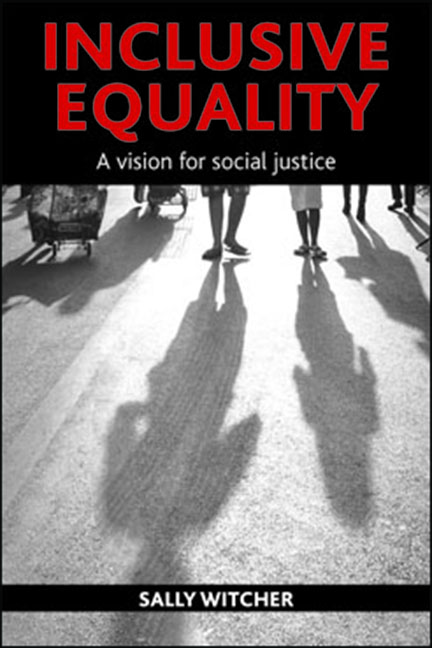Summary
Introduction
What is a just society? Presumably it is one where outcomes reflect norms of fairness. Bound up with this will be cultural views on human nature and appropriate behaviours, expectations about roles, and what characteristics and/or skills are valued. Views on the capacity of individuals to forge their own destiny, and hence their responsibility for outcomes both good and bad, will also be relevant. Goals need to be defined. Are we aiming for equality? If so, why? Equality of what and with what (or whom)? Can inequality be just if it mirrors unequal effort or skills? Perhaps inequality should not be the central concern and instead social justice should simply be a matter of addressing outright destitution. Maybe the protection of liberty is the key issue rather than anything to do with equality. This in turn prompts questions about rights, of ownership to the fruits of one's labours, or to what is needed to enact full citizenship. Linked to this will be beliefs about the appropriate balance between market and state intervention.
At one end of the spectrum, the unfettered market is seen as the instrument of social justice; a view which casts unequal outcomes as a natural (and hence just) consequence of skill and effort. In this scenario, individuals have the moral right to use their skills how they please and to own what ensues from their labour. State-enforced redistribution is coercive and tantamount to theft (Nozick, 1974; Hayek, 1976). Conversely, at the other end, is the view that individuals cannot be held neatly accountable for outcomes because they do not have equal (or sometimes any) power over their situation, and hence cannot be held responsible for it. They may be constrained by factors beyond their control, by structural barriers arising from the way society and its institutions operate, pre-existing disadvantage, bad luck or unequal access to opportunity. Meanwhile, others are similarly, fortuitously advantaged. State enforced redistribution is necessary to level the playing field. Without it, advantage and disadvantage will be unjustly perpetuated and exacerbated.
Differences in conclusions are underpinned by competing visions of society and views on human nature, whether or not explicit, perhaps reflecting the perspectives of people occupying very different positions within the one they inhabit.
- Type
- Chapter
- Information
- Inclusive EqualityA Vision for Social Justice, pp. 31 - 62Publisher: Bristol University PressPrint publication year: 2013



